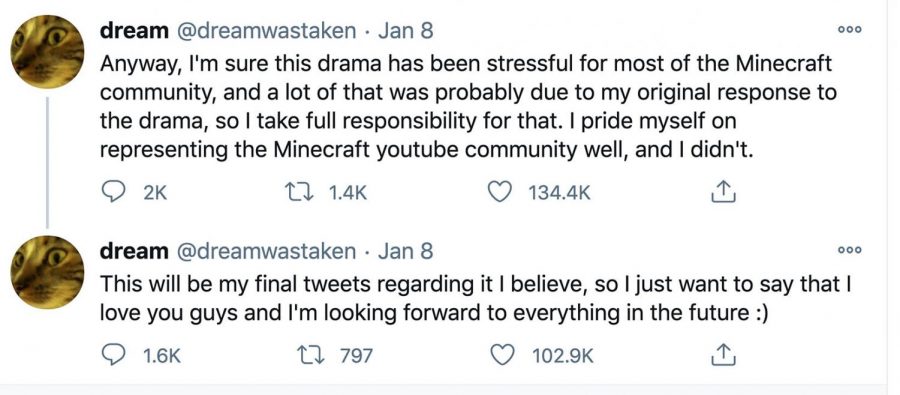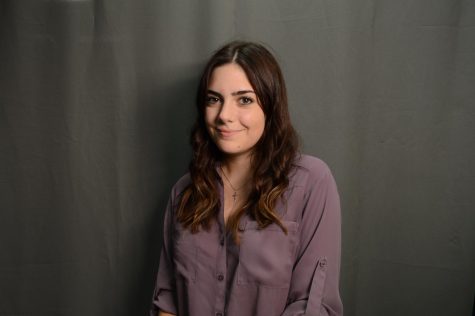#Canceled: The toxicity of “Cancel Culture” is finding it’s place on the internet
March 1, 2021
Online haters have been around since the beginning of the internet, but now media influencers have to save their careers before they’re even begun. Modern day creators spend their days producing entertaining content for their viewers. Thousands of followers, always watching, always waiting for the moment they slip up and say the wrong thing. In seconds, their brand, their name, and any sort of online platform they had created for themselves is gone and tarnished. Now an outcast from social media, creators will have to start over with a new career and a reputation famous for the wrong reasons. This is cancel culture, and it often inhabits the most gruesome parts of Twitter.
A more basic definition of cancel culture would be when support is taken away from a person or company after they said or did something “wrong.” It also comes with gossip, hate mail, and a long lasting stain on your reputation.
Cancel culture was never meant to be this though. What was meant to hold influencers accountable for things they had done without getting a “celebrity pass” was taken too far, just like anything else.
For example, the youtube conspiracy theorist Shane Dawson, after attacking other creators he was already on the verge of losing his place on the internet, then came the wave of old videos and recordings where he participated in black face and even sexualized little girls. All this was used by some to make the case that Dawson no longer deserved his platform, and was then canceled, losing over 700,000 subscribers.
Let’s not forget the toxicity of the phenomenon though, getting cancelled can happen to anyone, for anything.
A great example of toxic cancel culture in action would be the events concerning famous TikTok stars Charli and Dixie D’Amelio. The two sisters were getting “canceled” for posting a video where they seemed to be ungrateful for food made for them by a private chef. Was that behavior rude? Yes. But did two teen girls deserve death threats for it? No. The list of times people have tried to use little things against people like the D’Amelios is a lengthy one. At this point it’s just hard to keep up with and even harder to take seriously. It seems that anyone who wants to make a career as a content creator needs to be prepared for the chance of getting canceled even if the reason is small and insignificant.
Even if we don’t realize it, our words can weigh heavily and leave a bigger impact than we originally meant. We should really step back and evaluate a situation before making accusations or saying someone is cancelled.
Cancelling Gamers
If anything good came out of 2020 it was the rise of Minecraft and Minecraft Youtubers (MCYT). If you’re among the many MCYT watchers, you may notice that as the influencers climb the ladder of online success, they have already come into contact with people wanting to cancel them. Recently, Dream, a content creator famous for his “Minecraft Manhunts” and “speed-runs,” has been accused of faking his videos. In fact Twitter has bred an entire group of people dedicated to finding reasons to cancel Dream. “QuackityHQ” was another creator to receive backlash for using accents in his Twitch streams related to his ethnicity. We really need to start evaluating situations before coming after people who definitely don’t deserve it. It can be hard to see online “trolls” try to end the careers of creators we love and prevent new content that once brought joy into our lives. These insignificant claims draw attention away from much more serious matters within the online community. “CallMeCarson” has recently been canceled for “grooming” two underage fans. Yet the same followers that are attacking other creators are the same ones defending Carson. This says a lot about the toxicity and unfairness of the online community considering that even Carson’s former friends and colleagues rightfully refuse to defend him.




